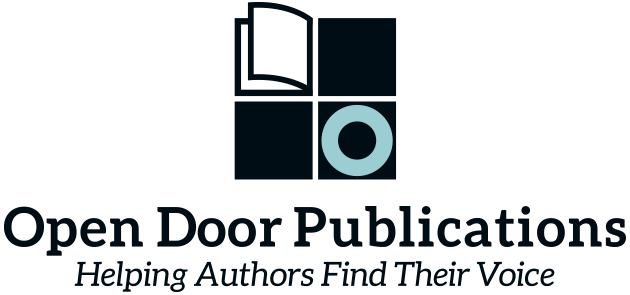“Glue words,” we all need them. But if you are using too many of them, you may be bogging your reader down, making your sentences less understandable, and eventually making them put your book down before it is finished.
So what, exactly, is a “glue word” or a “sticky word?” Words such as “the,” “and” “in” “of” and “but” are some of the most over-used words in writing.
“But wait!” you say. “We need those words to hold our sentences together.”
Yes, you do, but you can still use too many of them. Here’s an example I found from my own work. I’ve rewritten it to use fewer glue words.
“Dan knew that he had to get to the other side of the clearing before the hunters could see him, but he also knew that he would have to move quickly so that he wouldn’t make too much noise.”
After looking it over a few times, here is what I came up with:
“Dan had to cross the clearing before the hunters spotted him, but he needed to move fast to stay quiet.”
Which version do you like better? I have to say, I think the edited version packs a bigger punch.
Now here is another example of a writer using extra, unnecessary words that bog down their work.
Let’s start with a simple, present tense sentence.
“I am going to go to the store.” This is the future tense. You are talking about something you will do IN The FUTURE.
It is grammatically correct, but it is also long, wordy and awkward. What’s a better way to say it? “I plan to go to the store.” This is also future tense, but the phrasing helps to move the story along.
The secret is to think about what you want to say and figure out the most concise way of saying it. Getting rid of those sticky words and phrases will make your message clearer and more precise.

